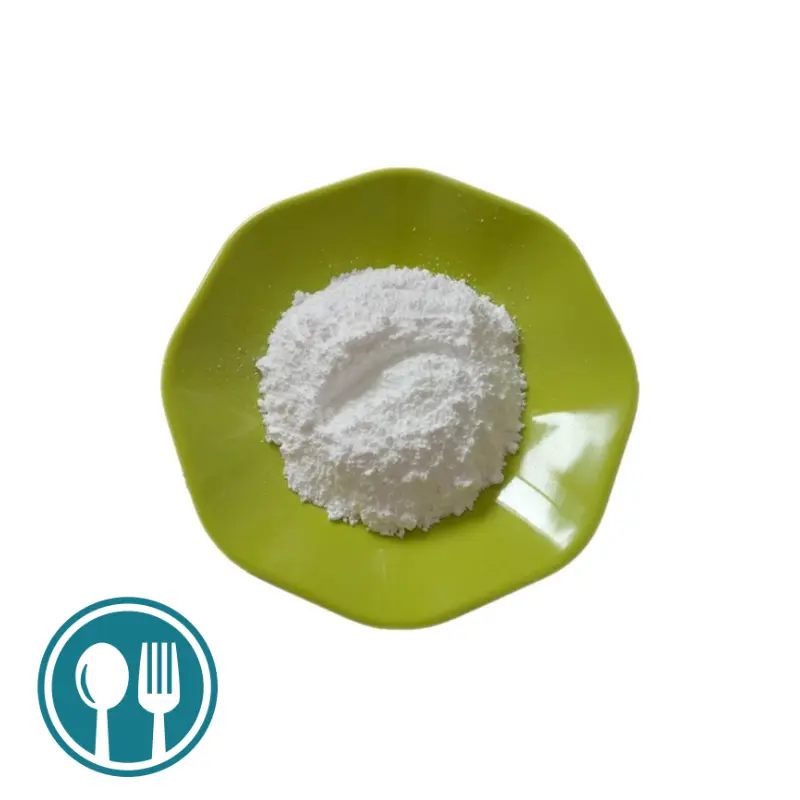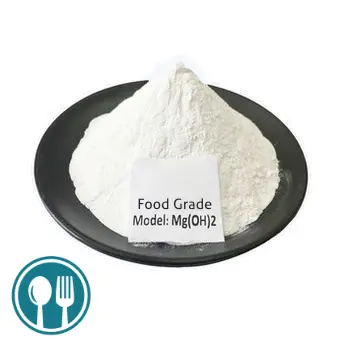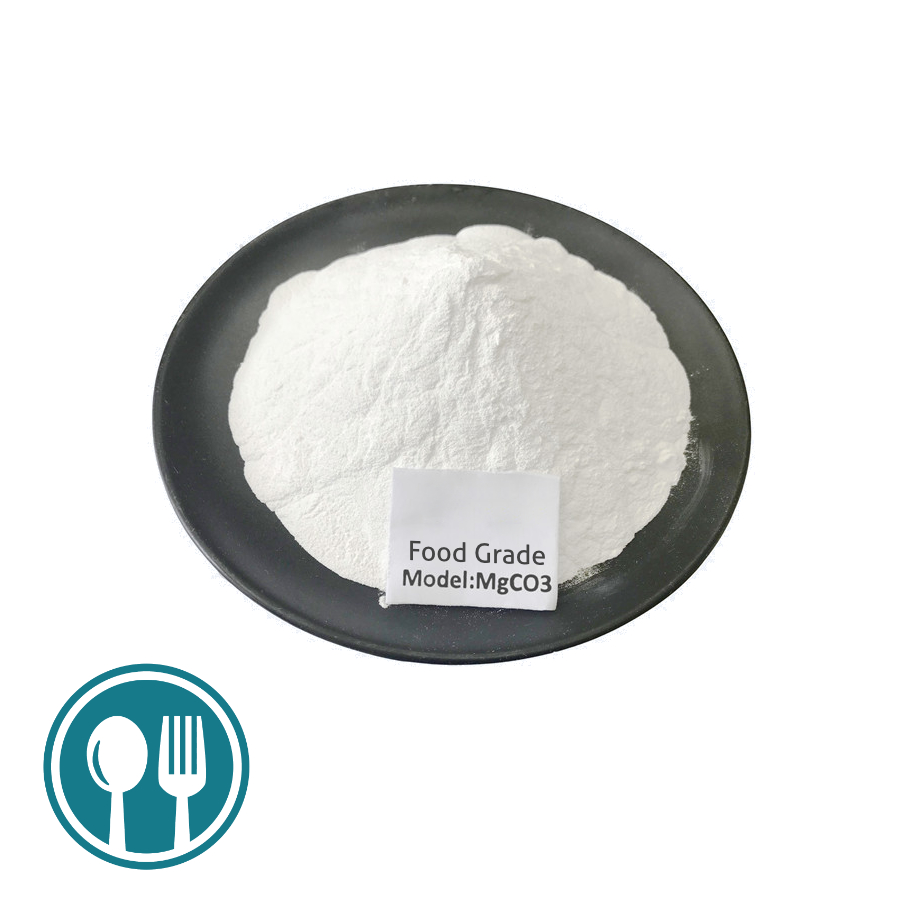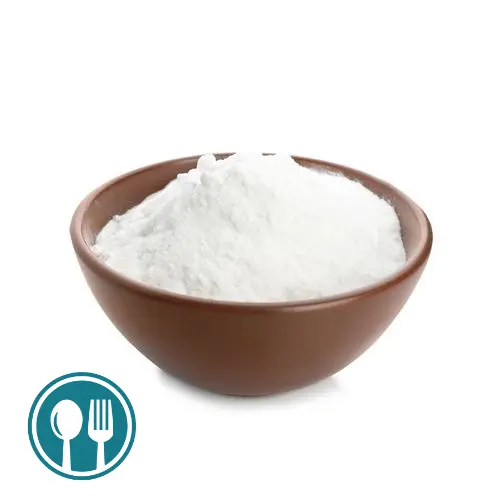Magnesium ist ein Mineral, das für eine gute Gesundheit notwendig ist.
Es ist für viele Körperfunktionen wichtig, darunter die Regulierung der Muskel- und Nervenfunktion, des Blutzuckerspiegels und Blutdrucks sowie der Energieproduktion und Knochengesundheit. Magnesiumoxid in Lebensmittelqualität sorgt dafür, dass pulverförmige Lebensmittel wie Getränkepulver rieselfähig bleiben, da es als Trennmittel wirkt.
Neben seiner Rolle bei verschiedenen Körperfunktionen spielt Magnesium eine wichtige Rolle als Lebensmittelzusatzstoff (Lebensmittelzutat).
Magnesiumcarbonat, auch Magnesit genannt, ist ein natürlich vorkommendes Mineral. Es ist praktisch unlöslich in Wasser und unlöslich in Alkohol.
Es wird durch Mischen von Magnesium- und Carbonationen unter einer Kohlendioxidatmosphäre hergestellt.
Magnesiumcarbonat wird häufig als Lebensmittelzusatzstoff verwendet, um ein Verklumpen zu verhindern, und als Bleichmittel bei der Lebensmittelverarbeitung.
Es wird außerdem als Trennmittel bei der Keksherstellung, als Karbonatquelle in Erfrischungsgetränken sowie als Magnesiumquelle in Nahrungsergänzungsmitteln verwendet.
Magnesiumoxid in Lebensmittelqualität
Das geruchlose und ungiftige Mittel wird als Lebensmittelzusatzstoff für Pulvermischungen, als Trockenmittel, zur Farbkonservierung, zur pH-Änderung oder als Magnesiumergänzung verwendet.
Magnesiumoxid verleiht Nahrungsergänzungsmitteln (z. B. Vitaminen) in Form des Minerals Magnesium einen zusätzlichen Nährwert. Wenn Marinco Lebensmitteln zugesetzt wird, hilft es außerdem, den pH-Wert zu regulieren und die Lebensmittelfarbe zu erhalten.
Darüber hinaus sorgt Magnesiumoxid in Lebensmittelqualität als Trennmittel dafür, dass pulverförmige Lebensmittel wie Getränkepulver rieselfähig bleiben.
Magnesiumhydroxid
das kommerziell durch die Metathesereaktion zwischen Magnesiumsalzen und Natrium-, Kalium- oder Ammoniumhydroxid hergestellt wird.
Es ist unlöslich in Alkohol und hat eine geringe Löslichkeit in Wasser. Milk of Magnesia ist ein Markenname für Magnesiumhydroxid, ein Produkt zur Behandlung von Magenverstimmung und Verstopfung.
Magnesiumhydroxid wird in der Lebensmittelindustrie häufig als Antazidum, Abführmittel und pH-Regulator verwendet.
Magnesiumsulfat
das allgemein als Bittersalz bekannt ist, wird aus Magnesiumsalzen und Schwefelsäure hergestellt.
Es ist in Lebensmitteln wie Mehl, Käse und Süßwaren enthalten. Als Lebensmittelzusatzstoff (Lebensmittelzutat) wird es verwendet, um die Festigkeit von Gemüsekonserven zu verbessern.
Magnesiumsulfat wird auch als Brausalz bei der Bierherstellung verwendet, um die enzymatische Aktivität zu steigern oder ein gewünschtes Geschmacksprofil im Bier zu erzielen.





